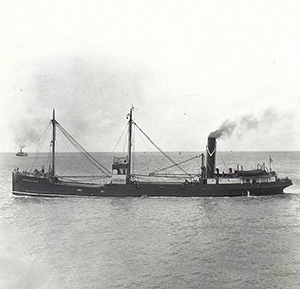Essex’s ‘Enterprise’ and plantation in early modern Ireland
Published in UncategorizedThough it ultimately ended in total failure, Essex’s ‘Enterprise’ nevertheless played an important part in the development of Tudor colonisation in Ireland. When the first major plantation was undertaken by the Tudors in Laois and Offaly in the 1550s it was organised by the government, but it proved a stop-start affair that did not prosper for decades and that was a continuous drain on the crown’s coffers through the maintenance of military forts and garrisons there. Dissatisfaction with the results and the expense was consequently one of the key motives for favouring semi-private plantation in north-east Ulster in the late 1560s and early 1570s, the belief being that by farming out colonial activity the crown could plant parts of Ireland at a much-reduced price. Essex’s ‘Enterprise’, and the enormous cost incurred by the state to fund this ‘semi-private’ initiative, shattered this illusion. Thus, when some years later vast tracts of land became available for plantation in Munster following the Desmond Rebellion (1579–83), the Elizabethan regime elected not to farm out these lands but initiated a closely organised state-run plantation. This model was to be followed in Ulster following the Flight of the Earls and throughout Ireland generally for the remainder of the seventeenth century. In dispelling the idea that semi-private plantation was a cheap method of colonisation Essex’s ‘Enterprise’, through its spectacular failure, was of some moment in the development of the plantations in early modern Ireland.


















